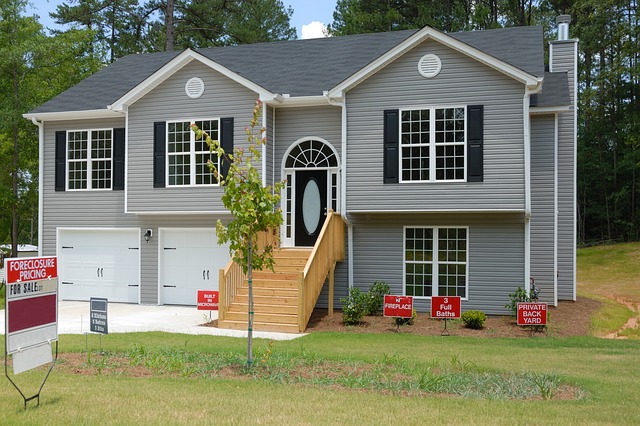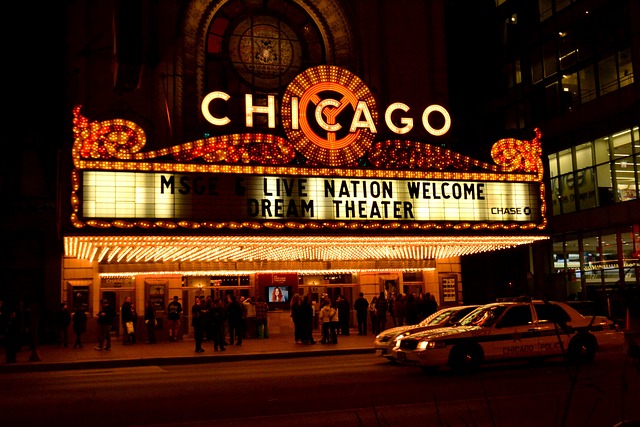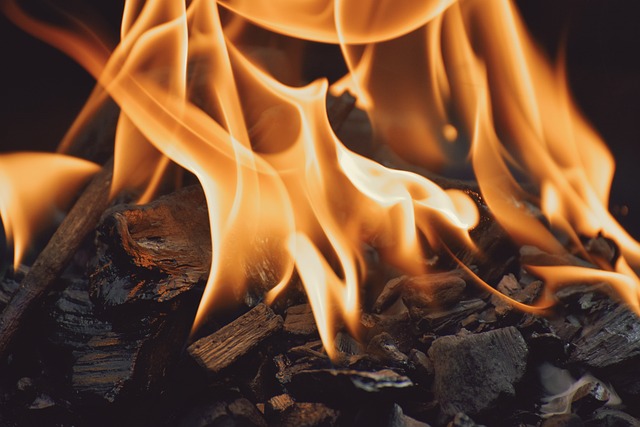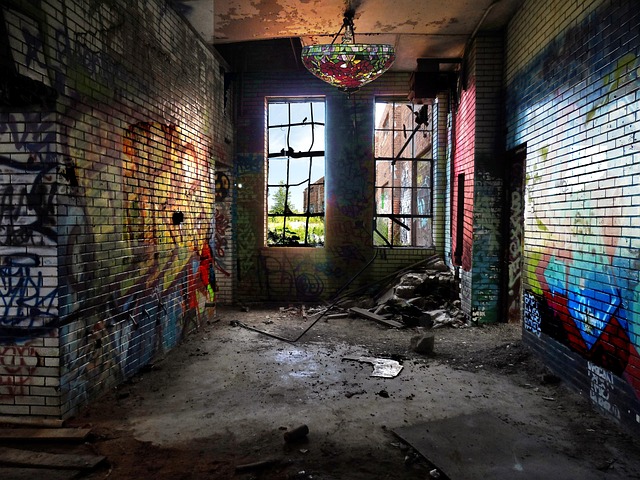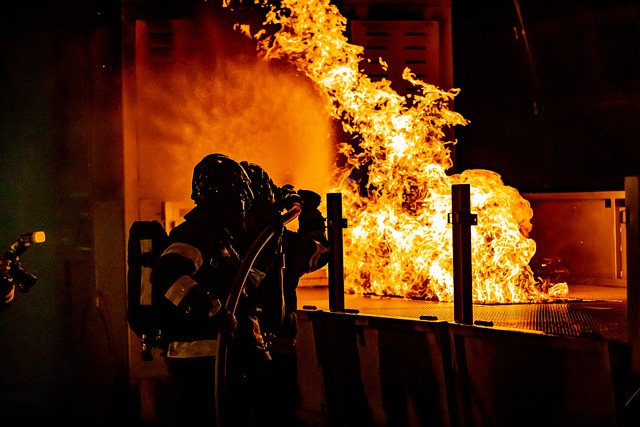Selling a fire-damaged home in Chicago involves a meticulous process starting with a professional assessment to determine structural integrity, identify affected areas, and estimate repair costs. Local building codes and insurance policies must be navigated carefully. Repairs should prioritize safety and structural stability, followed by cosmetic enhancements. Marketing strategies should highlight undamaged or restored features through high-quality photography and transparent descriptions on real estate platforms, engaging a specialist agent familiar with the Chicago market to achieve realistic sale expectations.
Selling a fire-damaged house in Chicago involves navigating complex legal and insurance considerations, as well as understanding the nuances of fire damage assessment. This comprehensive guide walks you through each step, from assessing the extent of the damage to preparing your home for potential buyers. Learn about marketing strategies tailored for Chicago real estate, ensuring you maximize your property’s value despite the challenges of selling a home with fire damage.
- Understanding Fire Damage Assessment in Chicago Real Estate
- Legal and Insurance Considerations for Selling Fire-Damaged Properties
- Restoring and Preparing Your Home for Potential Buyers
- Marketing Strategies for Selling a Fire-Damaged House in Chicago
Understanding Fire Damage Assessment in Chicago Real Estate
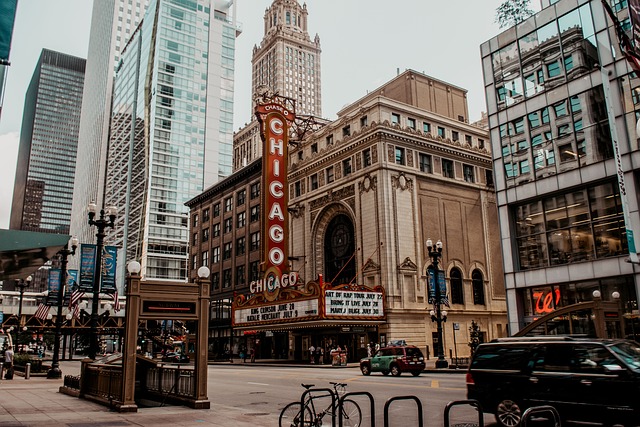
When considering selling a fire-damaged house in Chicago, understanding fire damage assessment is crucial. In Chicago real estate, assessing fire damage involves a meticulous process where professionals inspect the property to determine the extent of the harm caused by the fire. This includes evaluating structural integrity, identifying affected areas, and estimating repair costs. The assessment not only helps set an accurate market value but also guides potential buyers in making informed decisions.
Fire damage assessment in Chicago considers various factors such as the type of fire, its intensity, and the time elapsed since the incident. Professionals use this information to classify the damage as minor, moderate, or severe, each having a significant impact on the property’s resale value. Buyers who are well-versed in these assessments can better navigate the market, ensuring they make a sound investment when purchasing a home with fire damage.
Legal and Insurance Considerations for Selling Fire-Damaged Properties
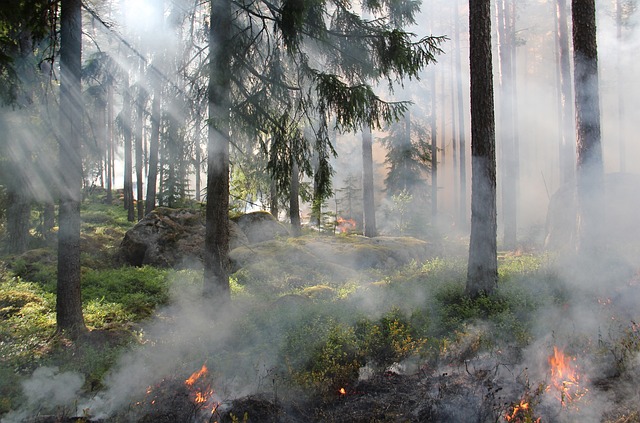
When considering selling a fire-damaged house in Chicago, there are crucial legal and insurance considerations to keep in mind. The first step is to thoroughly assess the extent of the damage. Property owners should document the loss with photographs and videos for both insurance claims and potential buyers who may want to understand the scope of repairs required. In Chicago, selling a home with fire damage involves navigating complex regulations set by local building codes. These guidelines ensure that any renovations or reconstruction meet safety standards, protecting both the new owner and the neighborhood.
Insurance plays a significant role in this process. Homeowners’ policies typically cover fire damage, but the specifics vary. Policyholders should review their coverage carefully and understand deductibles and limits. In some cases, especially with substantial damage, it might be necessary to file a claim and work with insurance adjusters. This step is essential to ensure fair compensation for the loss. Additionally, buyers will often require a home inspection, so being prepared with accurate information and documentation can expedite the selling process.
Restoring and Preparing Your Home for Potential Buyers
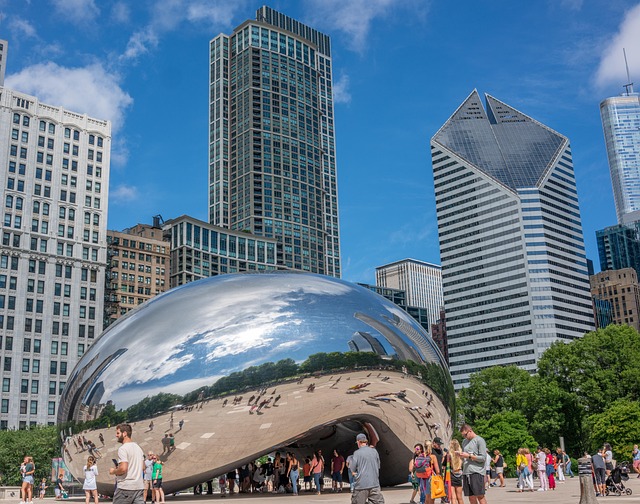
When preparing to sell a fire-damaged house in Chicago, restoration and preparation are key steps to attract potential buyers. Start by assessing the extent of the damage and prioritizing repairs. Focus on structural integrity and safety first, ensuring any hazards are addressed. Then, work on cosmetic improvements to make your home presentable. This could include cleaning and repainting, replacing damaged fixtures or flooring, and repairing smoke or water stains.
Consider that buyers will want to envision themselves in the space, so making the home visually appealing is crucial. Remove any signs of chaos left by the fire, declutter, and stage the house to create a welcoming atmosphere. Remember, Chicago’s competitive real estate market demands a well-prepared listing, especially when dealing with unique circumstances like fire damage.
Marketing Strategies for Selling a Fire-Damaged House in Chicago
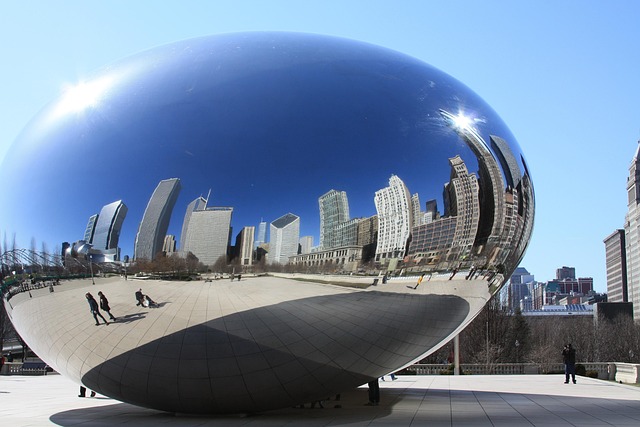
When it comes to marketing strategies for selling a fire-damaged house in Chicago, creativity and transparency are key. The first step is to highlight the unique aspects of the property that remain undamaged or have been restored. Use high-quality photography and detailed descriptions to showcase these areas, emphasizing the potential for renovation and reconstruction. This approach can attract buyers who appreciate the challenge and opportunity presented by a fire-damaged home.
Additionally, it’s crucial to be upfront about the extent of the damage. Many real estate platforms now allow sellers to include notes or virtual tours that highlight affected areas. Providing this transparency builds trust with potential buyers and prevents misstatements later on. Consider working with a specialized real estate agent who has experience in selling fire-damaged properties, as they can guide you through effective marketing tactics tailored to the Chicago market and help set realistic expectations for your sale.
Selling a fire-damaged house in Chicago involves navigating complex legal and insurance considerations, understanding precise assessment methods, and implementing effective restoration strategies. By thoroughly addressing these aspects and employing tailored marketing approaches, homeowners can successfully navigate the process, transform their property, and secure favorable outcomes. Remember, professional guidance is invaluable when selling a home with fire damage to ensure a smooth transition for both the owner and prospective buyers.
